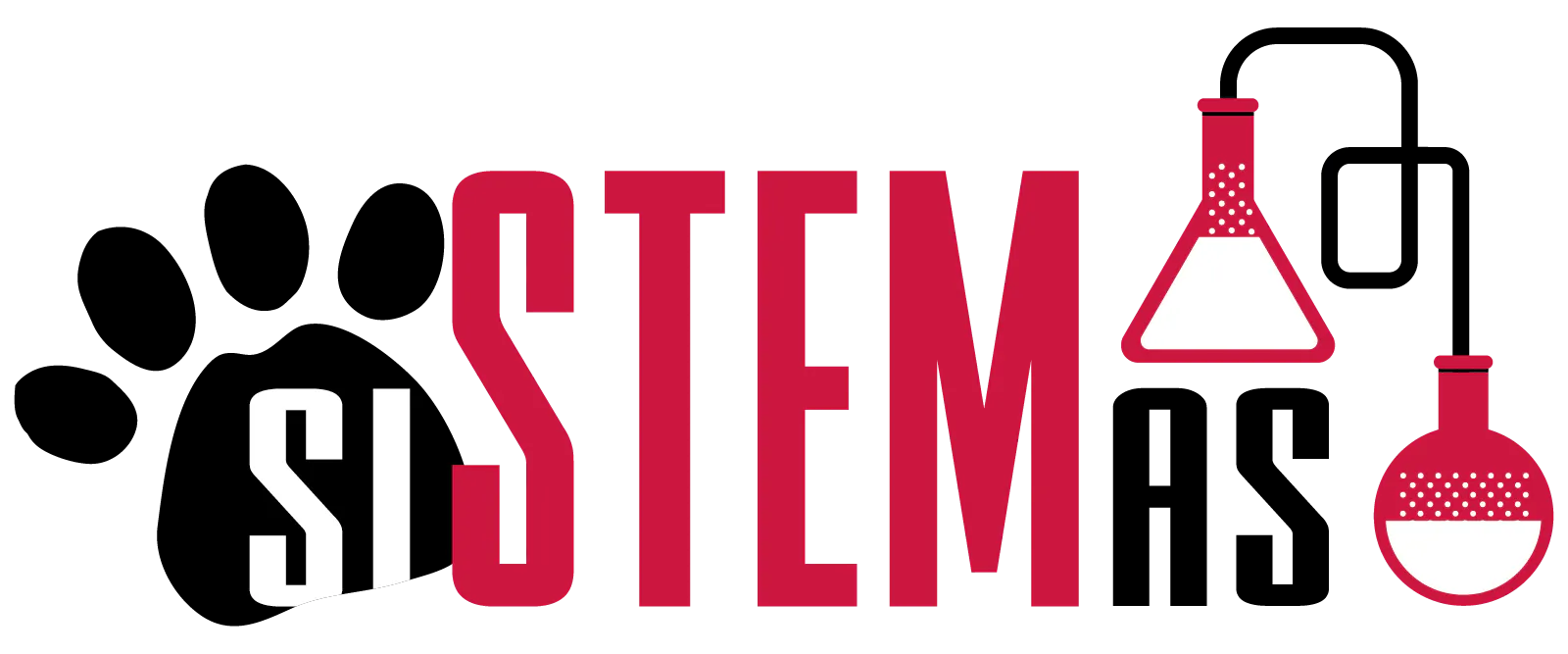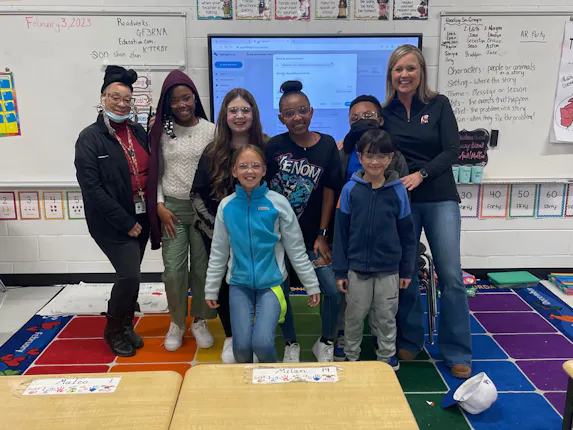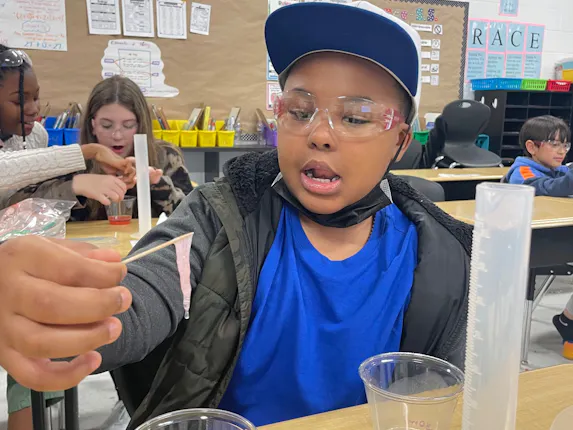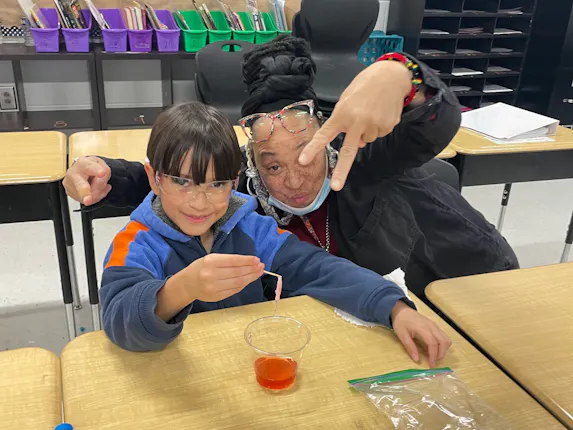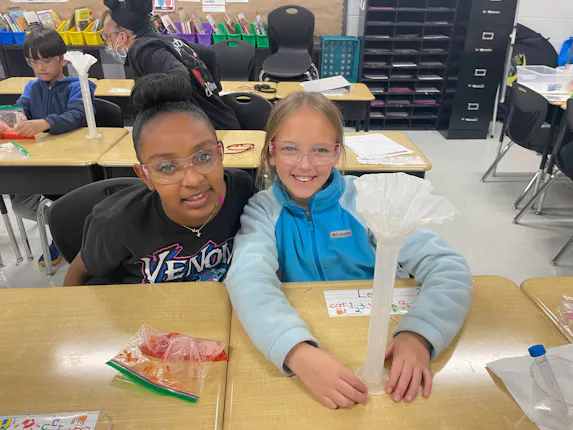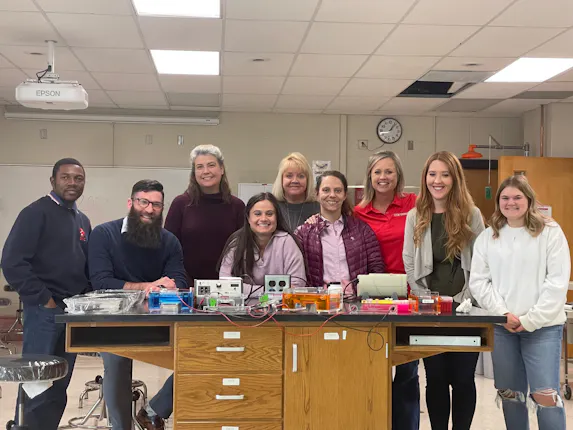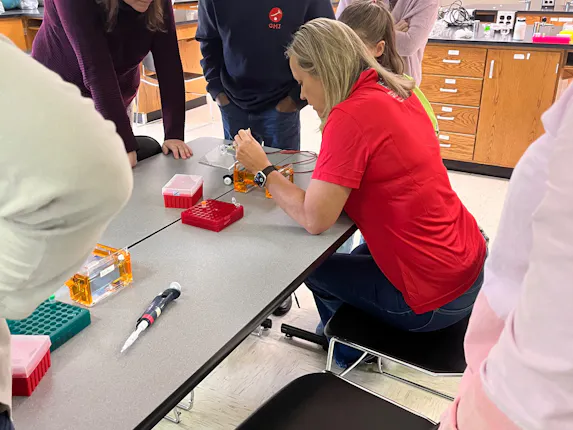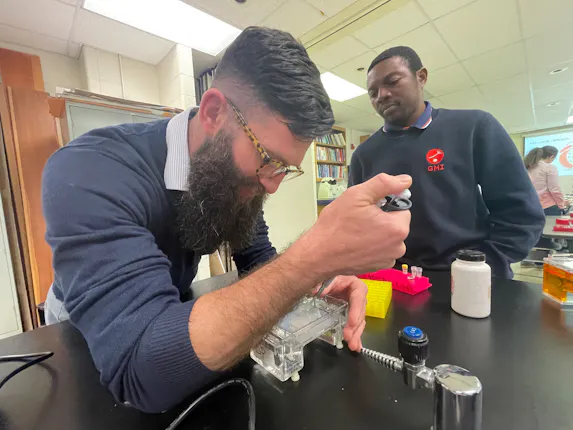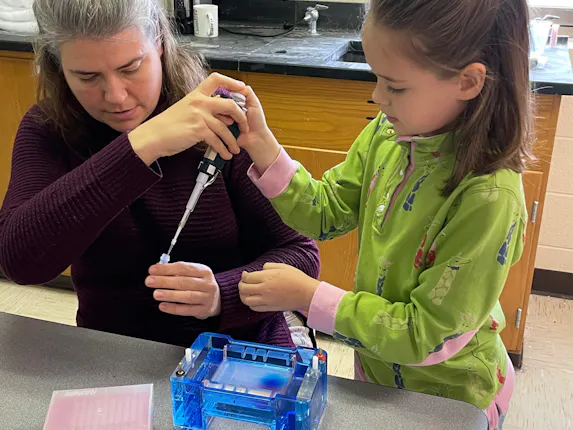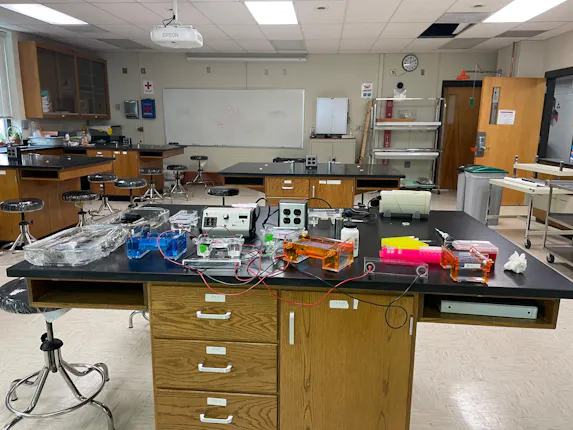SISTEMAS
Stimulating Immersive Science Through Engaging, Motivating, and Authentic Scenarios
Project Overview
Dr. Hodges and her research team received a 1.3 million NIH SEPA grant to continue their work that aspires to increase interest and engagement in STEM careers. We aim to do this by opening access to STEM for all people by strategically targeting underrepresented groups. We will address this by creating a Summer Outreach STEM Camp for middle-grade learners; developing professional learning for middle grades life science teachers; and enriching Virtual Vet, a proven serious educational game, to support Latinx Multilingual Learners (LML).
In the U.S., people of color are severely underrepresented, especially LML, who represent only 7% of the STEM workforce. This project addresses the issue at the beginning of the STEM pipeline when children decide whether STEM is a possible pathway for them. For students to consider STEM as a pathway, they must be able to access the knowledge. Our project goals address these needs from a variety of perspectives.
Project Goals
Goal 1
Engaging middle grade learners at STEM camp on the University of Georgia campus. Participants will spend five days on campus conducting science research! We are strategically designing the camp to increase students’ content knowledge and their attitudes toward science. We will use a variety of translanguaging strategies to support multilingual learners.
Goal 2
Our team is also working to expand the Virtual Vet learning environment to reach a more diverse student population through creation of a Spanish version of gameplay and read aloud functionality. This leverages the fully functional and proven learning tool, Virtual Vet, so that language does not exclude players from learning science. We will also retool Virtual Vet with translanguaging supports, beginning with capability to play in Spanish. This will increase students’ science content knowledge and their attitudes toward science.
Goal 3
Our team aims to extend the impact of the Virtual Vet learning environment from elementary to middle school through the creation of four new gameplay levels targeting the middle-school NGSS performance expectations. This will increase middle grades learners science content knowledge and their attitudes toward science. The game levels will address genetics concepts, identified by teachers and research that middle grades learners struggle to deeply understand.
Goal 4
Our team will enrich Virtual Vet through machine learning integration to better engage and evaluate elementary and middle grades student engagement with the content and skills required of the biomedical field. Our team will integrate machine learning into the immersive environment with two distinct goals. First, the data will allow the research team to deeply examine how players construct knowledge in a translanguaging, immersive environment. In addition, we will use the tool in a practical manner, to provide students and teachers with feedback to constructed response items during Virtual Vet gameplay.
Meet the Team
siSTEMas Summer Camp
The siSTEMas Summer Camp is a free educational Summer camp open to all rising seventh graders. Campers are encouraged to see themselves as scientists and will engage in hands-on activities that promote learning from doing.
El campamento de verano de siSTEMas es un campamento educativo gratuito abierto a todos los estudiantes de séptimo grado. Se alienta a los participantes a que se vean a sí mismos como científicos y a que participen en actividades prácticas que promuevan el aprendizaje auténtico.
